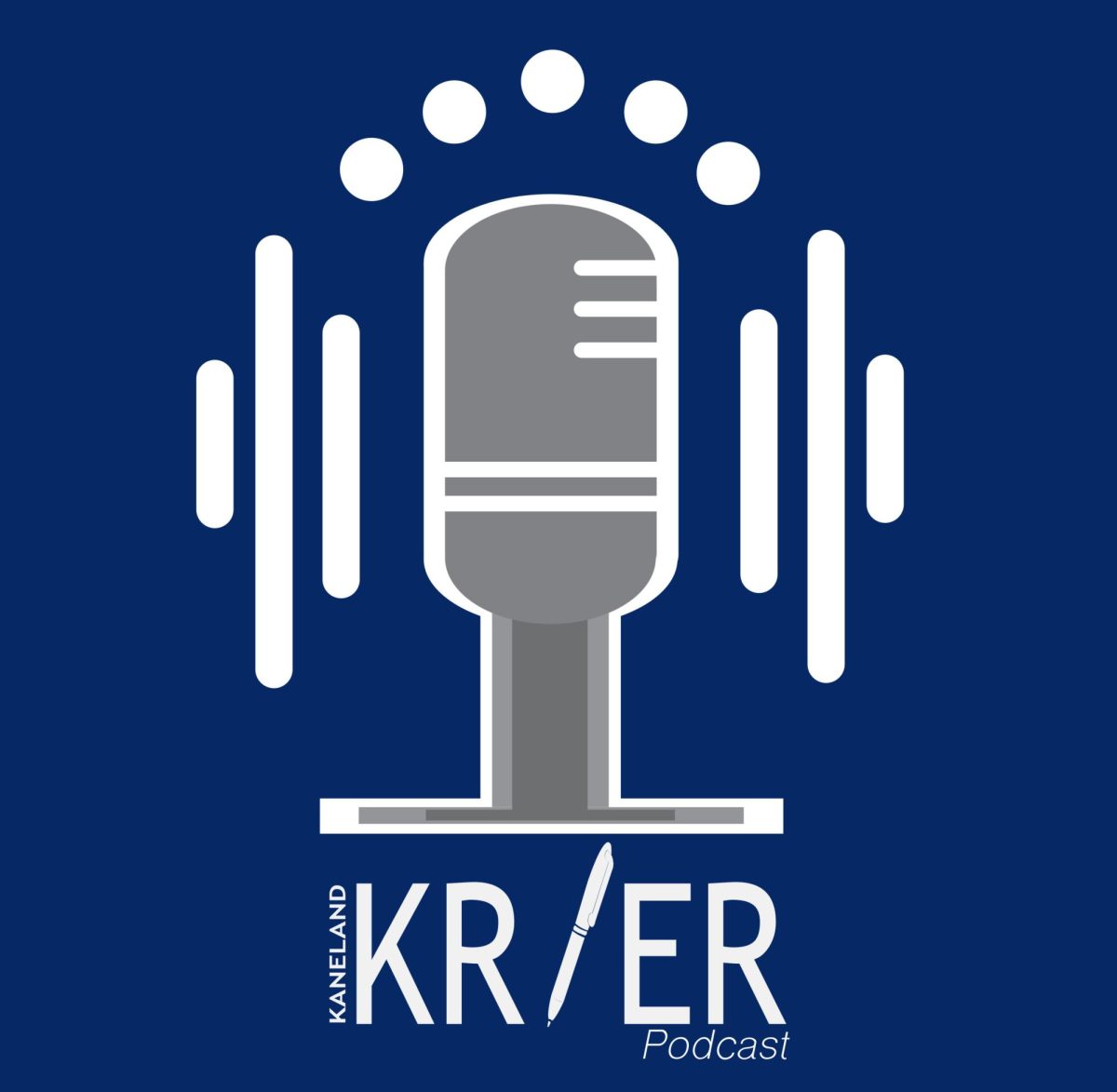By: Casey Jacobson, Executive Editor
Some people find themselves irresistibly drawn to that lavishing scent of freshly baked cinnamon pretzels as they stroll around in the mall, an aroma that can be almost too inviting.
Scientists have now investigated the reasoning behind the aroma of such fatty foods. The Food Addiction Institute concluded that these foods can be addictive as cocaine and other obsessive drugs.
That’s right; a cupcake can possibly be about as addictive as heroine.
“Processed foods and sugary foods react in the brain in ways that resemble addictions to cocaine, nicotine and other drugs,” attorney with the Food Addiction Institute David G. Evans said. “The evidence is no longer in doubt. We urge health-care and addiction-treatment professions to recognize and properly treat food addiction. We also urge the food industry and government to treat this as a major threat to our nation’s health, as we have tobacco.”
Junior Jake Harnish believes that food addiction is believable.
“Junk food obviously tastes good, and your brain will reward you for those endorphins,” Harnish said. “I think that food addiction could definitely be true because of the amount of people that are obese in America probably relates to it.”
According to Nature Neuroscience, although these findings cannot be directly transferred to human obesity, the studies show that overconsumption of high-calorie food can trigger addiction-like responses in the brain and that junk food can turn rats into compulsive eaters in laboratory setting.
Being an “addict” may seem like a harsh term, but it’s becoming a reality for some unhealthy eaters.
According to Nature Neuroscience, a true addict will compulsively consume their drug even when it is clearly detrimental to their own health.
Addicts are known to show blunted activation of brain circuits responsible for reward in response to normally positive experiences. In the study, scientist Paul Kenny and colleagues measured a rat’s sensitivity to rewarding experiences, such as fatty foods. When the researchers regularly offered rats a choice of high-calorie foods such as bacon, sausage, cake and chocolate in addition to their regular, healthier but less appetizing food, the animals over-consumed calories and gained weight rapidly. Their reward sensitivity also plummeted, as has been shown before for addictive drugs, according to Nature Neuroscience.
“The data is so overwhelming that the field has to accept it,” director of the National Institute on Drug Abuse Nora Volkow said. “We are finding tremendous overlap between drugs in the brain and food in the brain.”
According to Kay Sheppard, a pioneer in the treatment of food addiction, “the term food addiction implies there is a biochemical condition in the body that creates a physiological craving for specific foods. This craving, and its underlying biochemistry, is comparable to an alcoholic’s craving for alcohol.”
Kaneland cafeteria staff member Gigi Statler says that just as alcohol is the substance that triggers the alcoholic’s disease, there are substances that trigger a food addict’s out-of-control eating.
“These substances are typically refined carbohydrates, sweeteners, fats and processed foods. These foods seem to affect the same addictive brain pathways that are influenced by alcohol and drugs. Like alcoholism, a food addiction is a chronic, progressive, fatal disease,” Statler said.
The cafeteria has reduced the amount of “bad” carbohydrates such as white processed carbohydrates.
“We have in turn increased good carbs, which release their energy slowly, giving you sustained energy throughout the day. Bad carbs give you a shot of energy that makes you hyperactive, makes it hard to concentrate and inevitably results in a sugar crash that will leave you irritable, tired and wanting to eat more,” Statler said. “There are also addictive items such as caffeine and milk proteins that also cause addictive behaviors.”
The sugary sweets and fatty foods addiction epidemic can become a serious issue if not taken care of in the near future.
“Food addiction is chronic because the condition never goes away. It is progressive because the individual needs more of the substance over time,” Statler said. “It’s fatal because many individuals with this disease die of complications related to their addiction.”







